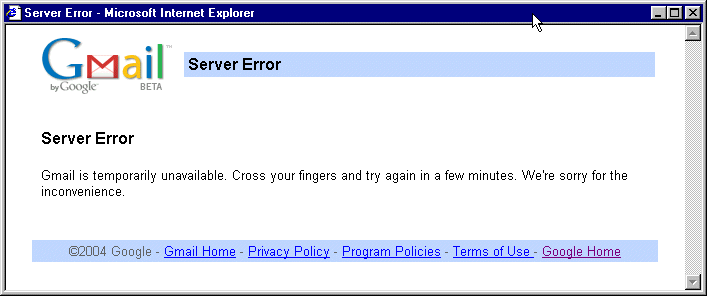Tonight I am privileged to visit the home of Richard Hale Shaw, a well-known tech author (he spent years on the masthead of PC Magazine) and internationally renowned expert on Microsoft in general and .Net in particular.

Richard and wife live in a wonderful charming townhouse that's kitty-cornered across from a holy spot in Ann Arbor, Michigan -- Zingerman's deli. Alas, they are moving to Cambridge, Mass as his wife takes up a faculty post at Harvard. It is Michigan's loss, and Boston's gain.
Richard has invited a group of distinguished A**2 tech pals to smoke cigars, eat steak, sip Scotch, and talk about computing and the future. Richard's ground rules demand no locker room talk, but the visitor from East Lansing at times tests the limits while insisting to the Ann Arborites that a provost is the chief academic officer of a university, a sole critter, not one of many.

Anyone could learn a
ton from these people. They're doing serious projects and are seriously connected. Tech TV never had anything on their insights. I've brought my Picturebook handheld and my Verizon 1xRTT connection so we can blog in real time. I'm asking those assembled to take my computer and type some thoughts about where computing and the Internet will take us in five years. Their smoke-filled answers:
Where will technology be in a significant way within five yaars?
Increasingly software development tools will enable domain experts to "code" complex and powerful solutions as end-user solutions. Traditional programmers will be still be necessary for infrastructure support, but the coding of the business logic
will move directly into the hands of the experts themselves.

Greg Poirier (Thomson - Creative Solutions)
The idea of a software application as something that you install on a machine and then run will give way to applications as collections of loosely-coupled services working together to address specific use cases. Each individual service may participate in any number of overlapping groups of services and users will be unaware of which indidual services are involve and where those services are actually located. Very rarely will anyone every run an "installer".
F. Andy Seidl, MyST Technology Partners
Richard Hale Shaw is a giant in the software industry. Without his time and dedication I can't imagine the state of the software industry today. Seriously though, Richard has been a tremendous influence on me and on the software industry here in Ann Arbor. We're going to miss him more than we realize!
Bill Heitzeg
In five years, more humans will be even more confused than they are presently; pen and paper will be the source of romance.
Randy Rivet, Onlooker

The state of computing five years from now: small, personalized, and very portable. Hopefully creative solutions will emerge to give more meaningful visual representations of the structure of information.
Alan G. Jackson
The state of computing 5 years from now: spam will have been eliminated, but the cost of sending email will be borne by the user (albeit in tiny incremental costs per email sent). In addition, new devices will have been invented to sift

through and find blogs, because blogging will become so ubiquitous that it will start to overtake the rest of web content. Google will have acquired Yahoo, and will either partner with Microsoft or will be in a major rivalry war over search engine revenues. IBM will finally dispose of its old Sun Microsystems division. Internet bandwidth in the US will still largely be higher than elsewhere, but wireless in the US will be running at the range of current-day wired bandwidth. Fold-out laptop screens will let you display up to 3x as much desktop space as you can see today.
All blogging tools will have word-wrap unlike this one.
Richard Hale Shaw
You can see
all of my photos from this meaty event in my Imagestation album.








 through and find blogs, because blogging will become so ubiquitous that it will start to overtake the rest of web content. Google will have acquired Yahoo, and will either partner with Microsoft or will be in a major rivalry war over search engine revenues. IBM will finally dispose of its old Sun Microsystems division. Internet bandwidth in the US will still largely be higher than elsewhere, but wireless in the US will be running at the range of current-day wired bandwidth. Fold-out laptop screens will let you display up to 3x as much desktop space as you can see today.
through and find blogs, because blogging will become so ubiquitous that it will start to overtake the rest of web content. Google will have acquired Yahoo, and will either partner with Microsoft or will be in a major rivalry war over search engine revenues. IBM will finally dispose of its old Sun Microsystems division. Internet bandwidth in the US will still largely be higher than elsewhere, but wireless in the US will be running at the range of current-day wired bandwidth. Fold-out laptop screens will let you display up to 3x as much desktop space as you can see today.


